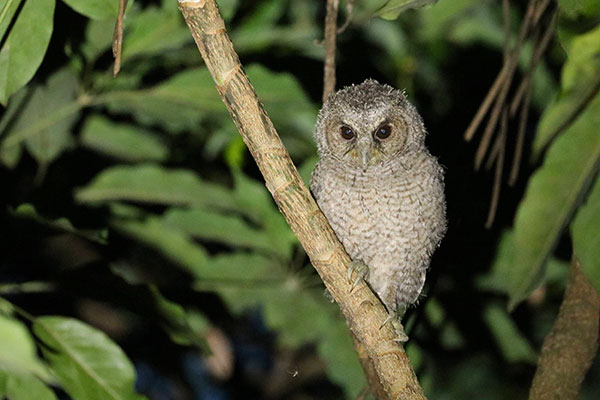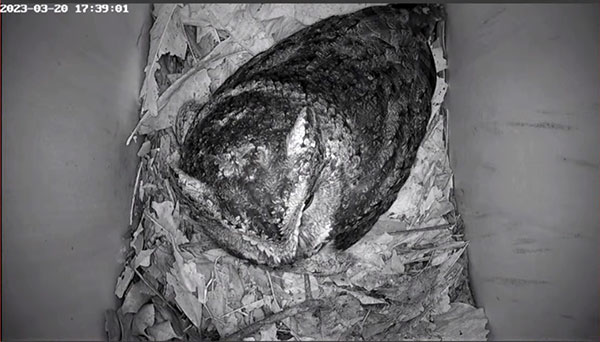Threats to Wildlife
Taiwan's diverse and complex ecosystems are influenced by various factors, including latitude, topography, and geographic location. Nonetheless, the study of wild animals that are genetically closer to humans has only gained attention in recent years. The most common threat to animals living in low-elevation mountain areas is roadkill. Each year, 10,000 to 20,000 animals, mostly reptiles, amphibians, and birds, are killed on the roads. Habitat loss, fragmentation, and over-exploitation have also led to a steady increase in the number of injuries caused by dogs and cats attacking wildlife each year, as people keep domestic cats and dogs, which are exotic species. Moreover, the fields where toxic pesticides are sprayed also pollute the surrounding land, water resources, crops, and habitat of animals. This pollution can have adverse effects on the ecosystem and its inhabitants.

tend to fly to our campus and build their houses and hatch eggs there.
Our campus provides them a safe environment to nurture their next generation.
Overall, there are various threats to Taiwan's wildlife, and it is essential to continue studying and raising awareness about these issues to help protect the diverse range of species that call Taiwan home. Despite several unfavorable factors, recent data show that there are still many shallow mountain areas in Taiwan where wildlife species and populations are not as scarce as one might think. These areas are home to many precious conservation species. Furthermore, for many larger mammals, birds, amphibians, reptiles, and freshwater fishes, the low-elevation mountain areas are the most important habitat.
Therefore, if we can actively manage the wildlife habitat in such environments, we can make a significant contribution to conservation efforts. By doing so, we can help preserve the diverse range of species that call Taiwan's low-elevation mountain areas home. It is crucial to continue studying and raising awareness about these issues to ensure that we can effectively protect Taiwan's wildlife and the ecosystems they inhabit.

found returning to our campus to raise their next generation and
have successfully left the nest.